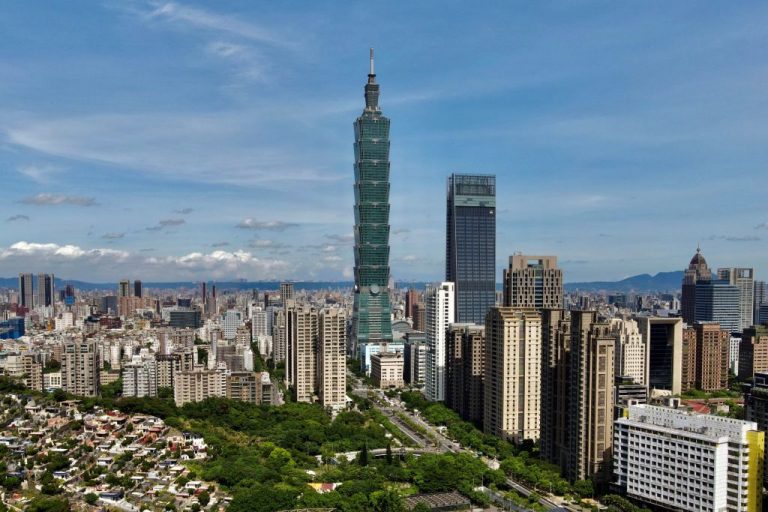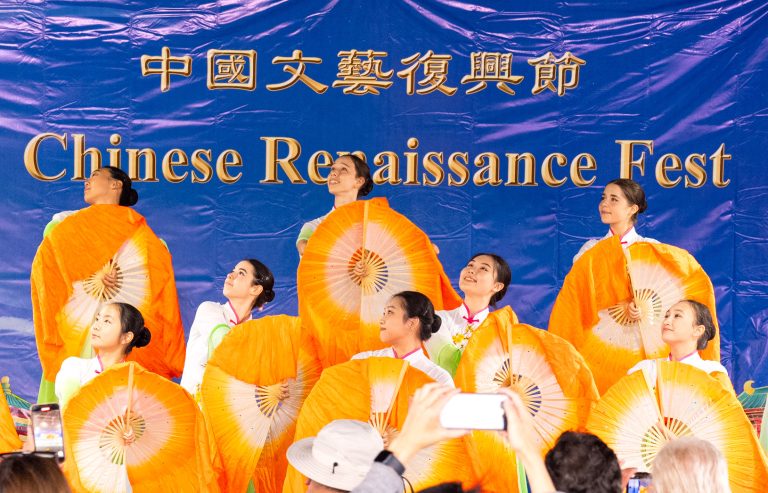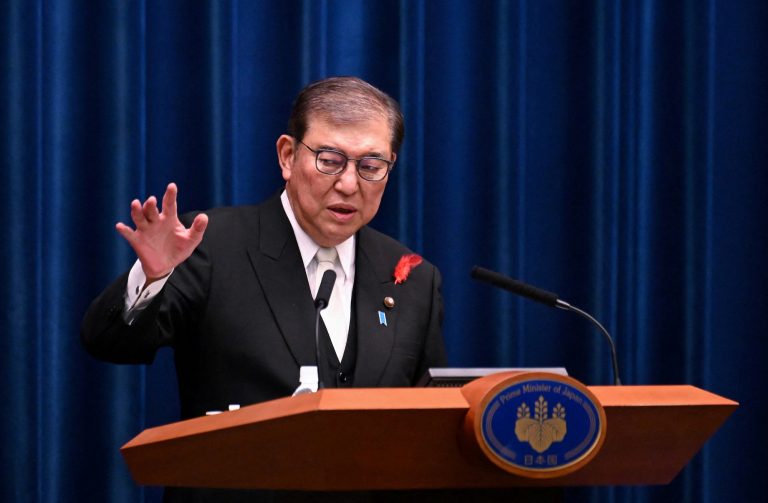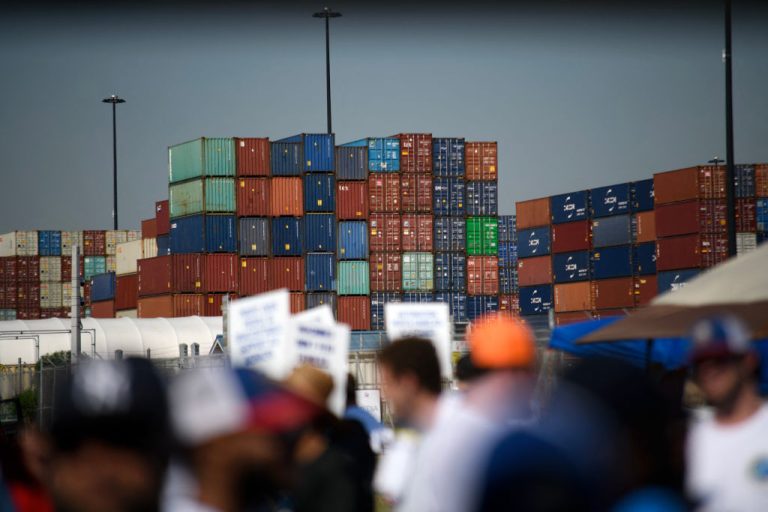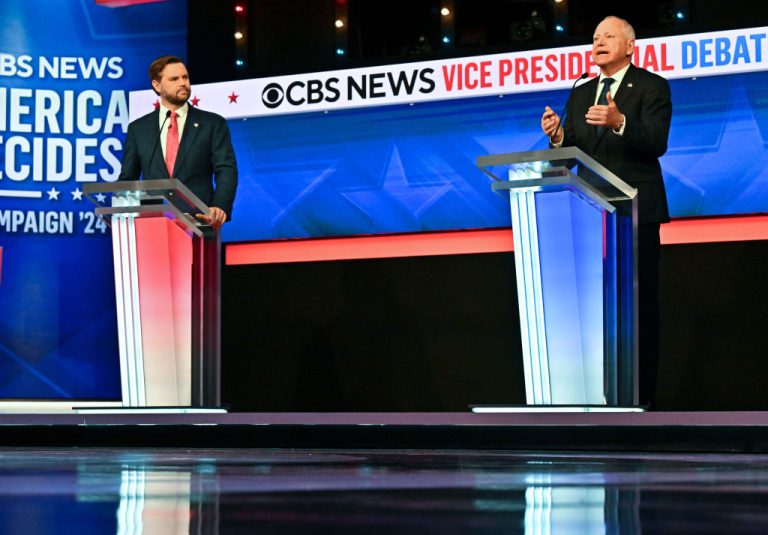In a two-day poll conducted on Mar. 14, roughly 40 percent of the people in Taiwan believe that Japan is a more likely ally than the U.S. against a possible Chinese invasion. As Russia’s invasion of Ukraine continues, people in Taiwan fear the Chinese Communist Party (CCP) will attack the island.
Both Taipei and Tokyo have mutual concerns about military aggression from their communist neighbor. The Taiwanese people may feel more protected by Japan, an ally in such close proximity, versus their US ally so far away.
The rising sun over the eagle
Kyodo News reported on a poll conducted by the Taiwanese Public Opinion Foundation, which found 43 percent of the participants think that Japan would come to the island’s defense should the communist People’s Liberation Army (PLA) launch an offensive. Only 35 percent believed that the U.S. would send its troops.
The result of the opinions towards U.S. military aid was a significant drop from a previous survey in November 2021. In that poll, 65 percent of Taiwanese believed that the U.S. would protect their home; 58 percent thought that Japan would send aid.
Foundation chairman You Ying-lung believed that the sudden turn of public opinion came from “the Ukraine situation.” He said that Russia’s invasion of Ukraine would affect the tensions between the mainland and the island. He also noted the sudden decline of optimism in the United State’s ability to protect Taiwan to a “quite pessimistic” level.
Success
You are now signed up for our newsletter
Success
Check your email to complete sign up
READ MORE:
- Russian Invasion of Ukraine Casts an Ominous Shadow Over Taiwan
- Fumio Kishida Elected Japanese PM, Pushes for More Cooperation Between Taiwan and Japan
- Tokyo and Washington Planning for Taiwan Emergency
After the end of the Chinese Civil War in 1949, the CCP and the unofficial Republic of Taiwan were made into separate governments. However, the former continues to boast its ownership of Taiwan as part of its territory.
In recent years, the PLA has continued to skim along Taiwan’s air-defense identification zone (ADIZ) and make bold claims of ownership of territory in the South China Sea. These aggressions have prompted international responses from the U.S. and its allies in the Pacific.
Tokyo, in particular, is currently facing disputes with Beijing over claims of the Senkaku Islands.
A poll conducted by a domestic newspaper on Sunday, Mar. 20 showed that nine in 10 Japanese people feared the possibility of a communist attack on Taiwan.
Another poll by Nikkei in late February showed that 77 percent of the participants are worried about the same outcome; 61 percent want Tokyo to join the West in Russian sanctions.
Former Japanese Prime Minister Shinzo Abe also said Sunday that the U.S. should be “made clear” of its stance with Taiwan against a Chinese invasion, forgoing its “longstanding strategic ambiguity,” Nikkei reported.
Despite being previously occupied by Japan during the Second World War, a large portion of Taiwanese people favored Japan as their favorite foreign country, a survey done on Mar. 19 showed.
Beijing’s stance
On Wednesday, Mar. 24, Beijing urged Tokyo to cease “all official ties” with Taiwan and stop provoking the “Taiwan question,” Wang Wenbin, spokesman of the foreign ministry, said.
“Some political forces in Japan openly collude with ‘Taiwan independence’ forces and point fingers at the Taiwan question,” Wang said. “The Chinese side has expressed firm opposition and strong dissatisfaction, and lodged solemn representations with the Japanese side.”
Wang added that it is “dangerous” to compare the issues of Taiwan with Ukraine as a means to strengthen relations between the island and Japan.
READ MORE:
- China Warns US Against Expanding ‘Pacific Version of NATO,’ Threatens Retaliation for Supporting Taiwan
- China’s Reaction to Biden-Xi Call Exposes Its Fear of International Pressure Amid Russia-Ukraine War
The CCP seemingly has very little interest in the crisis surrounding Ukraine but is willing to help Russia survive the economic sanctions that have been placed on it.
This fact prompted the U.S. to send stern warnings to Beijing that there would be consequences for aiding Putin and his aggressive campaigns.



